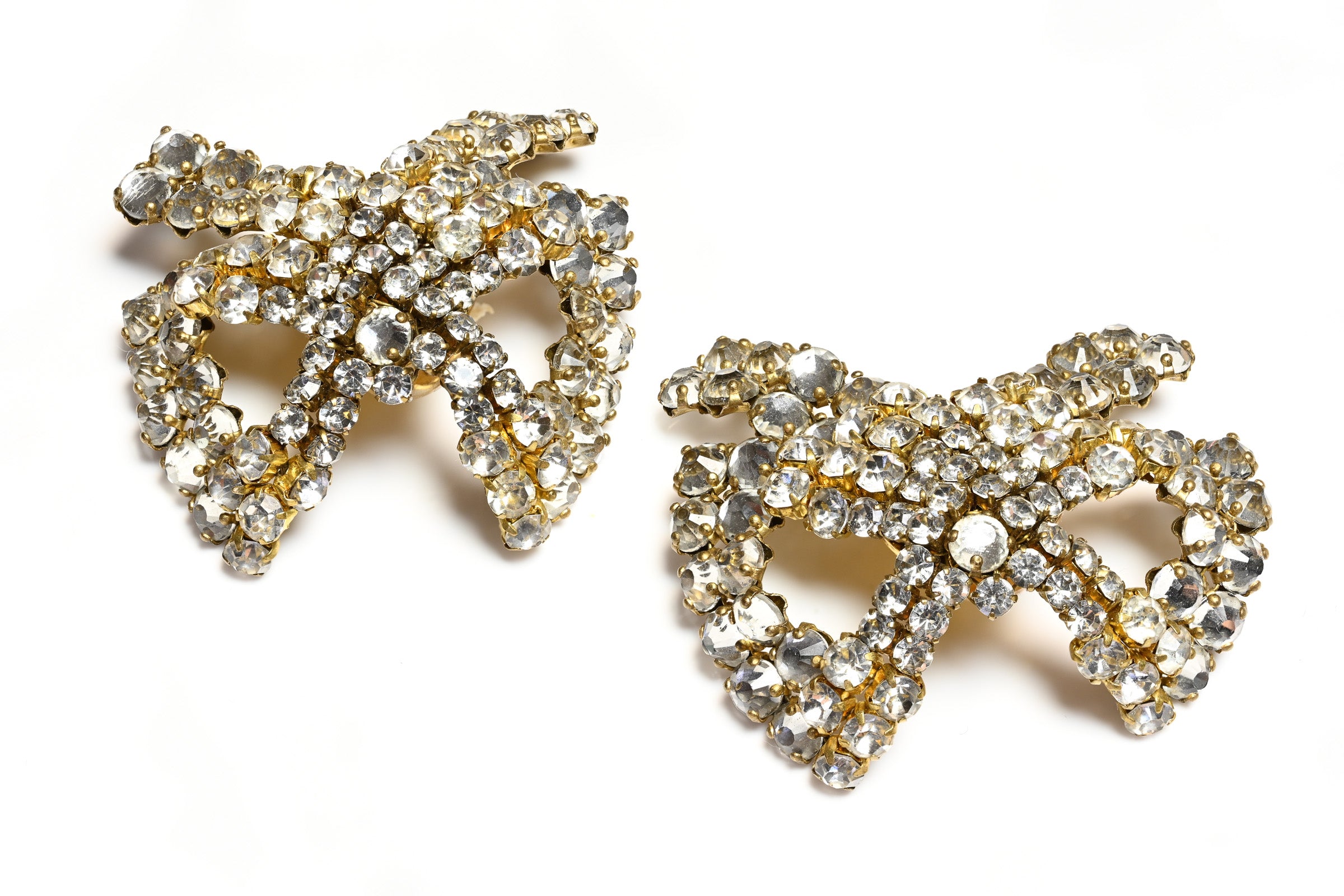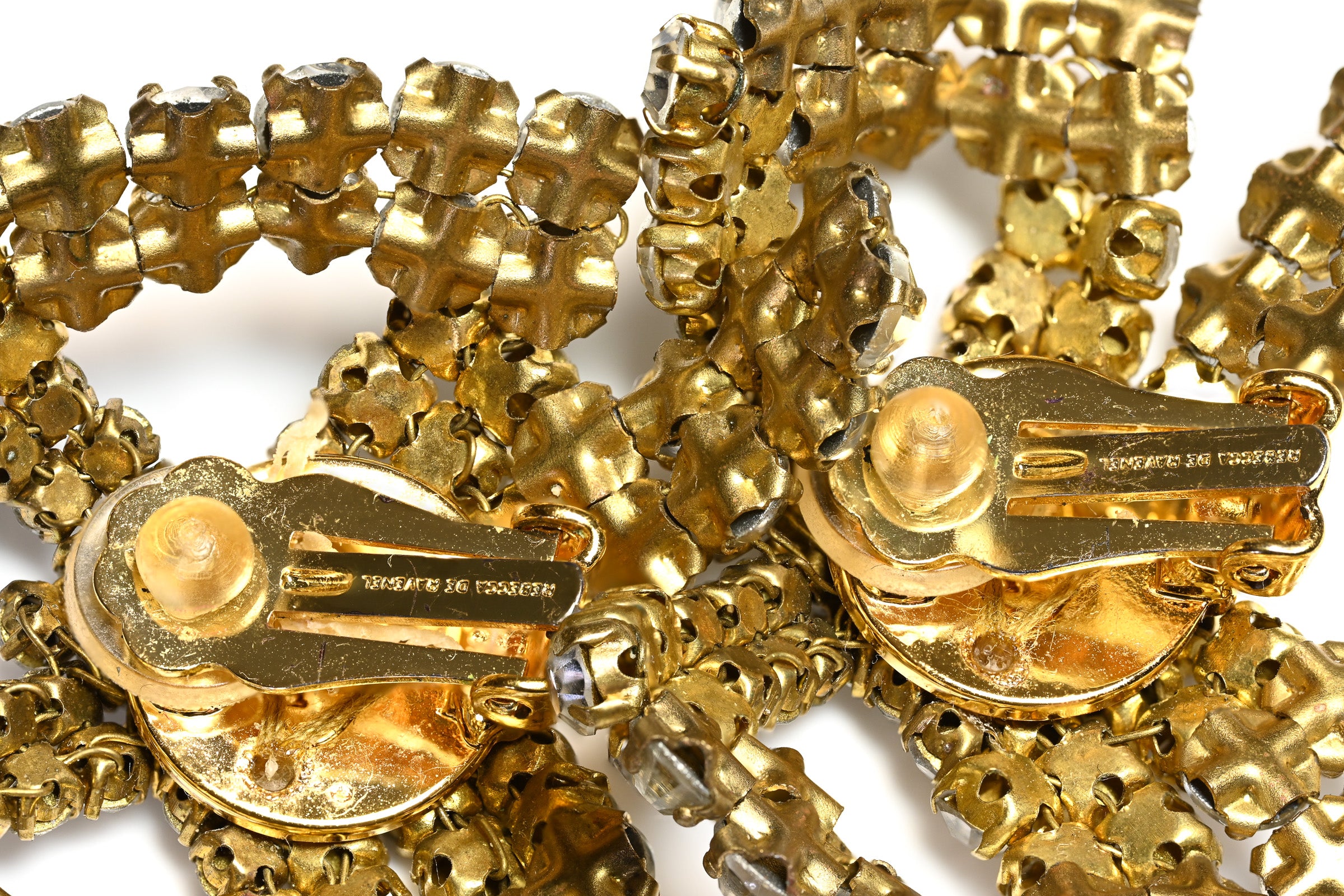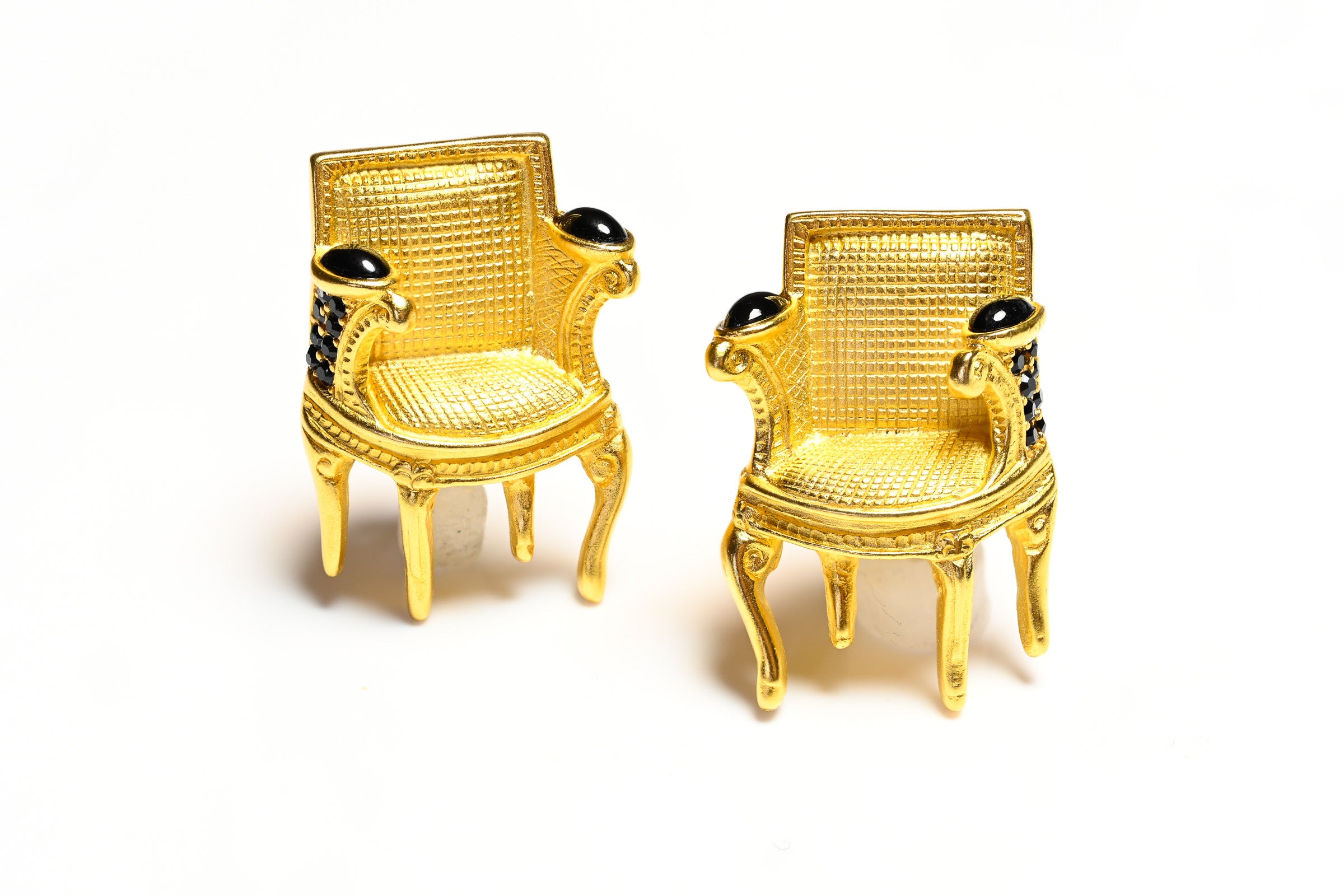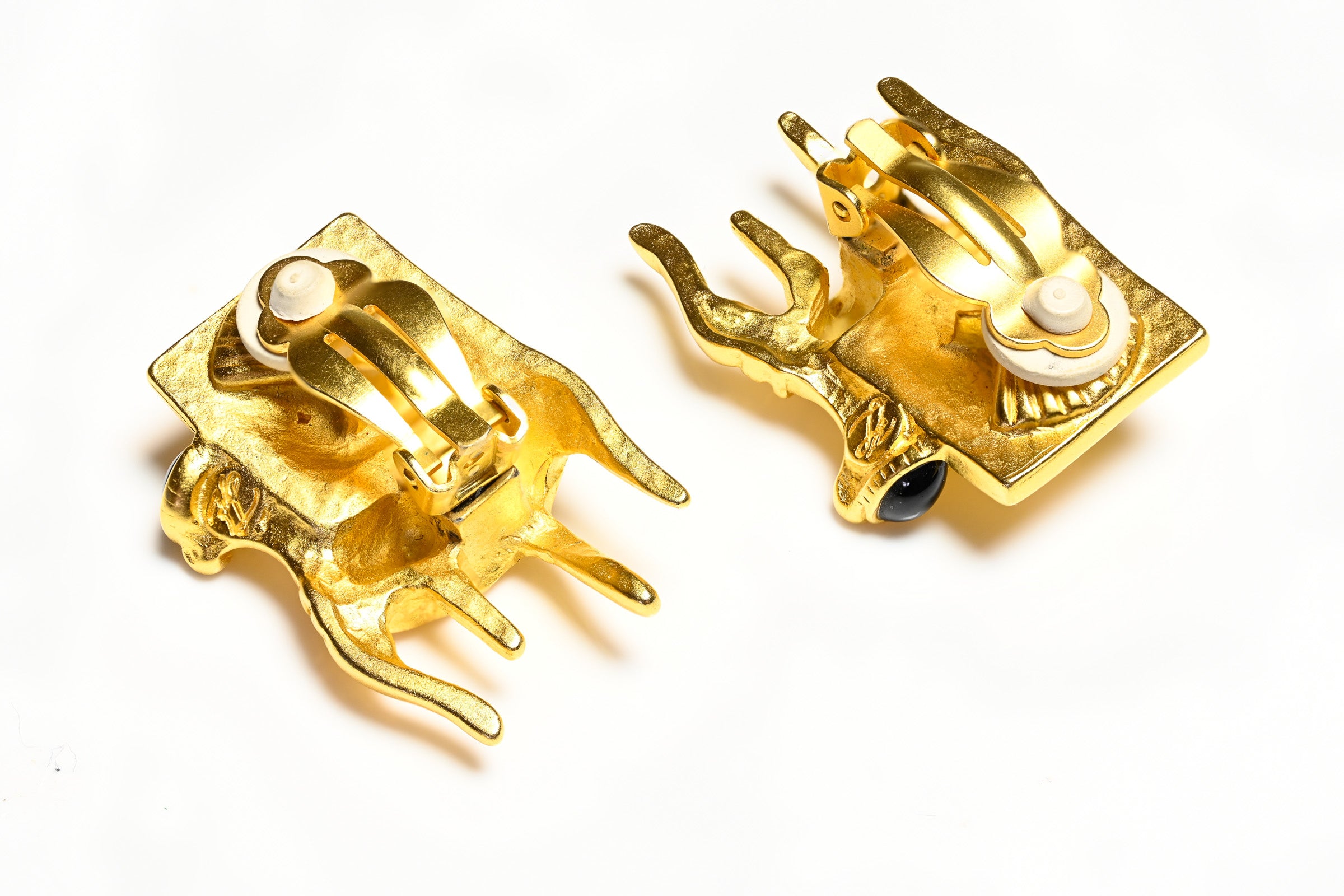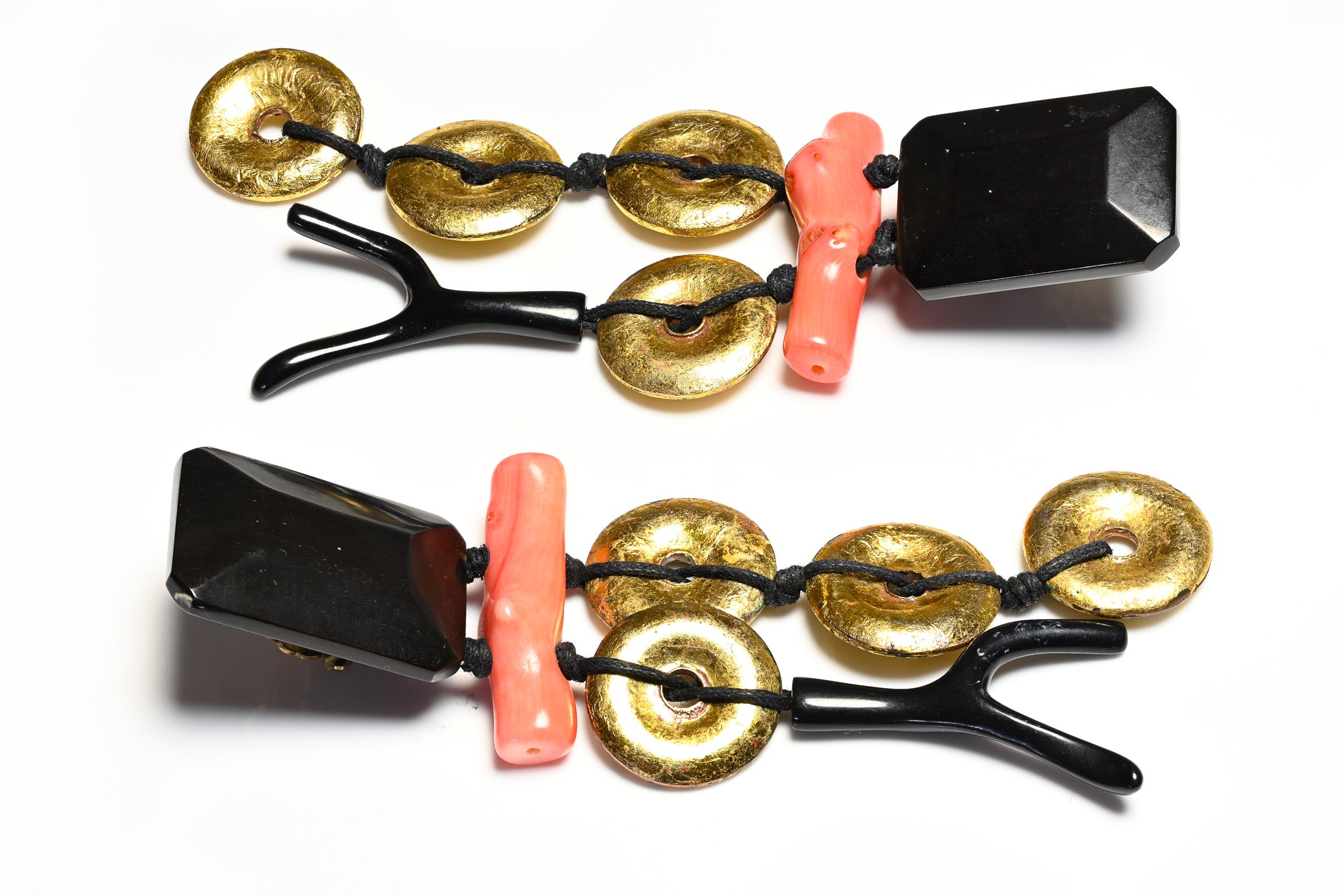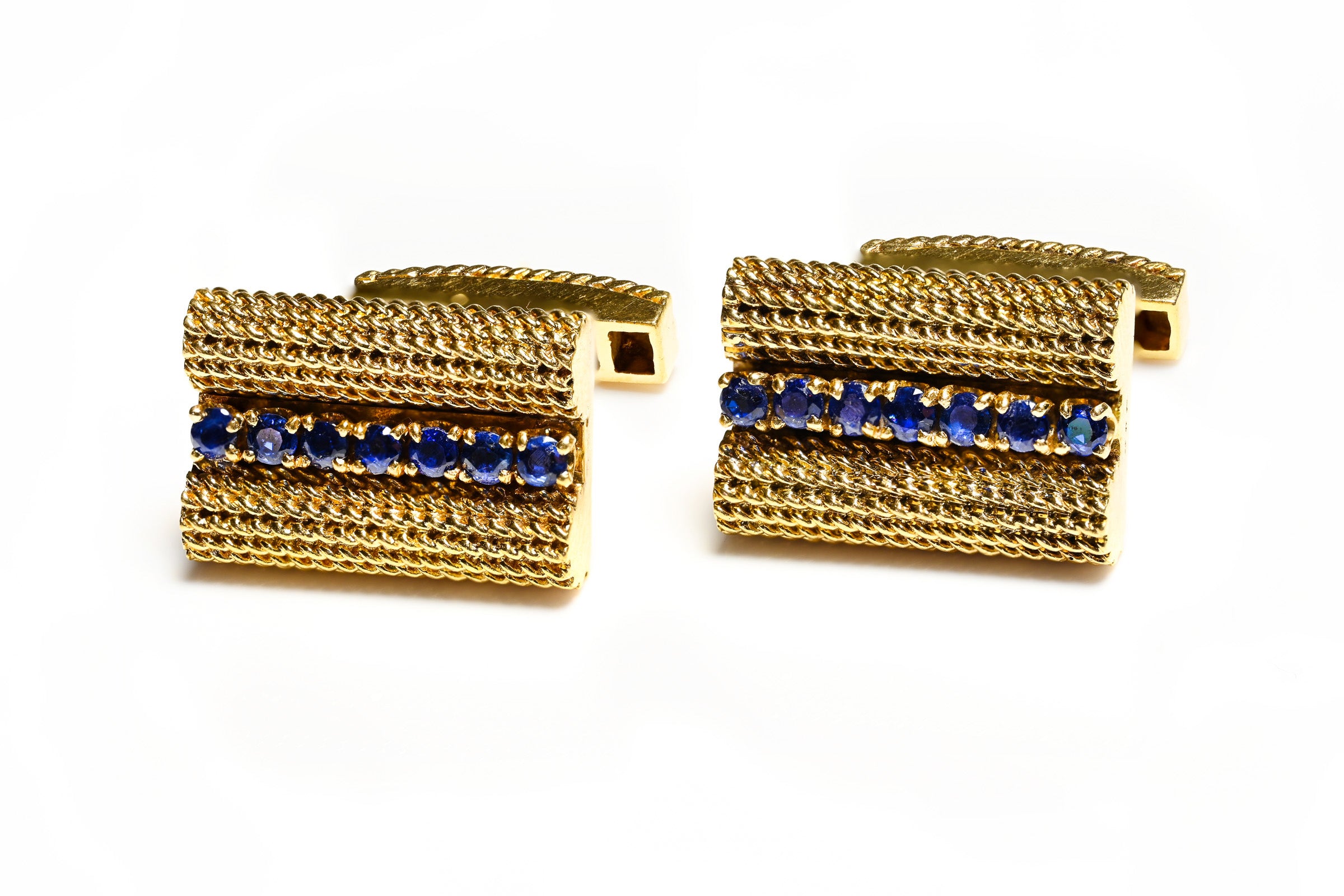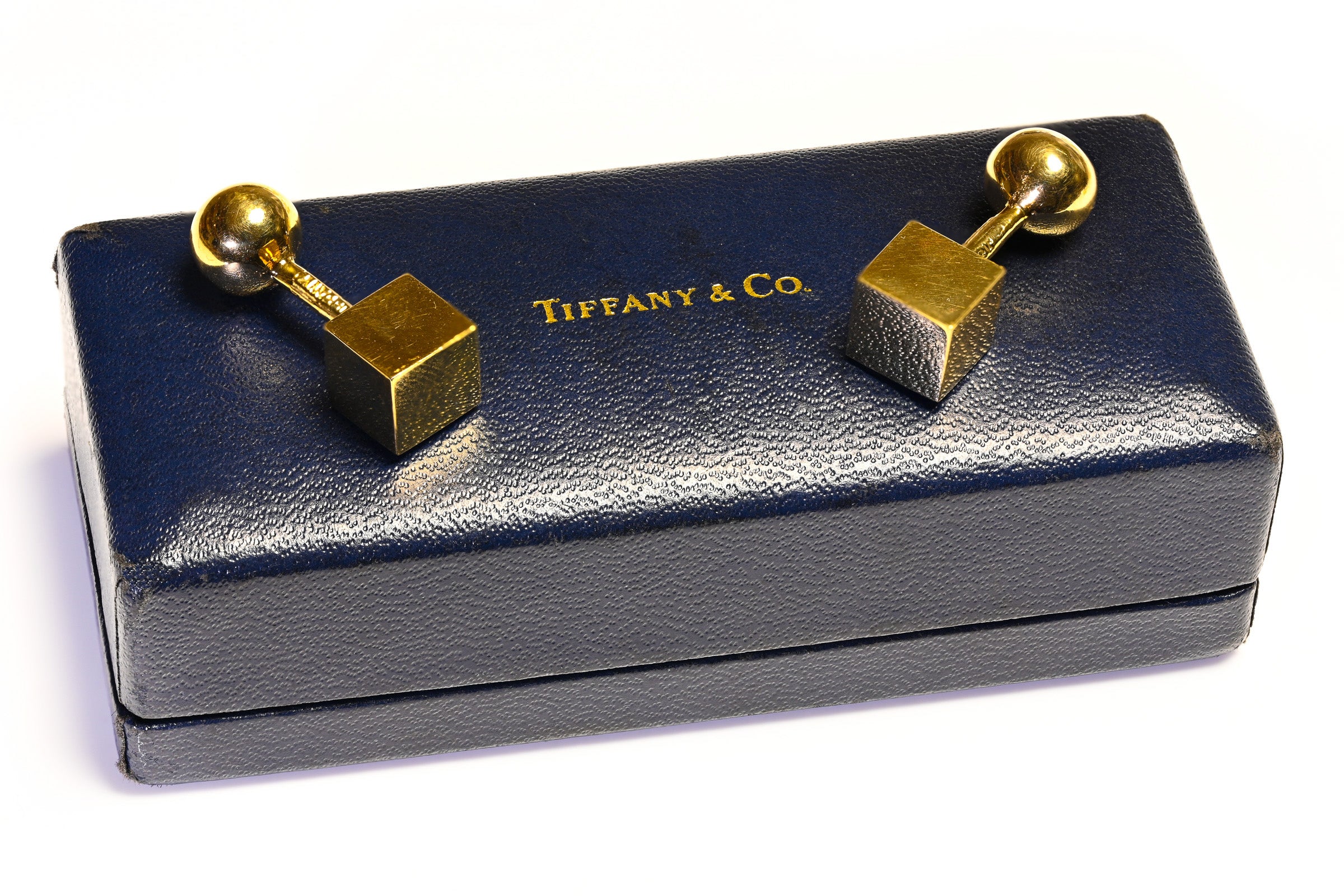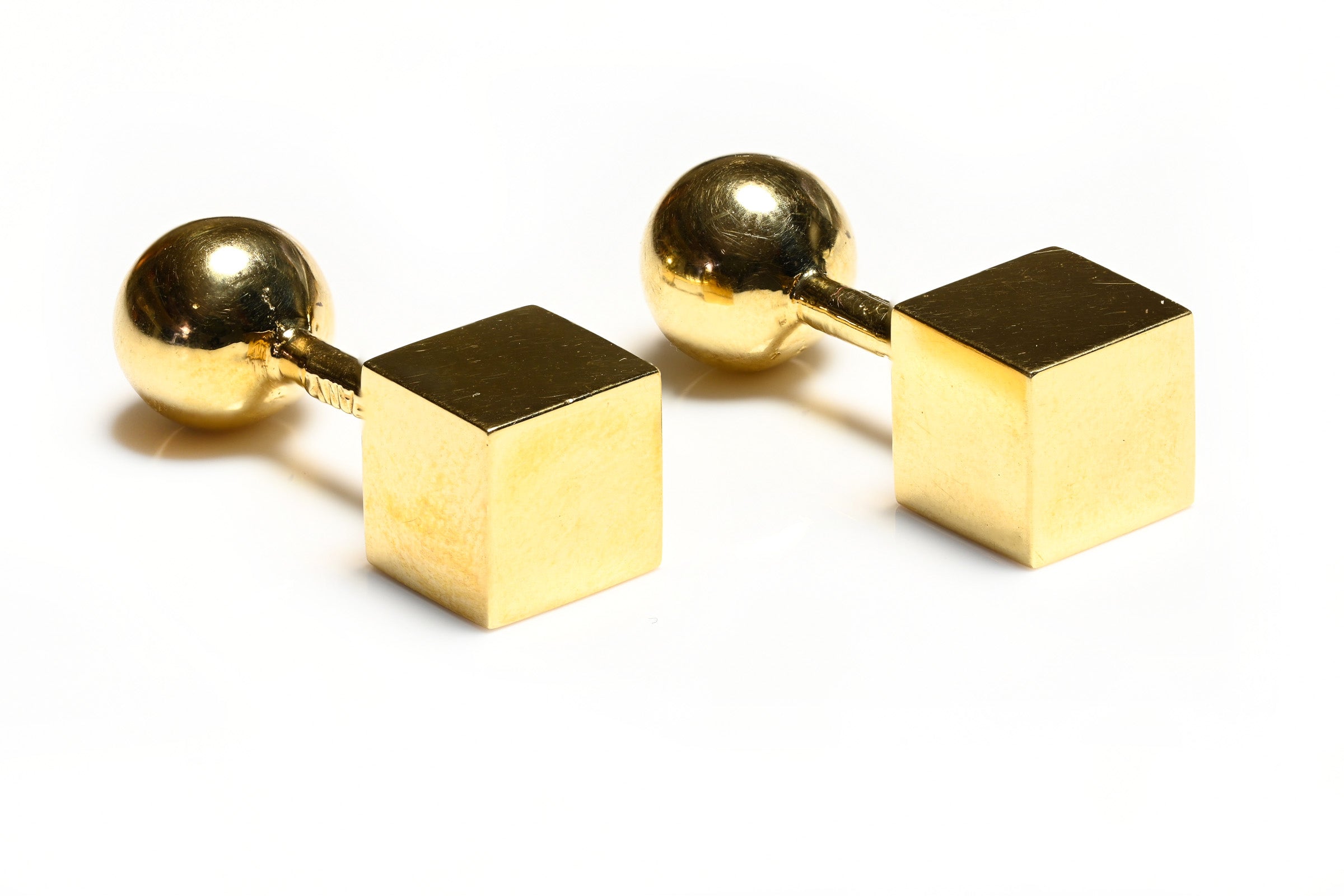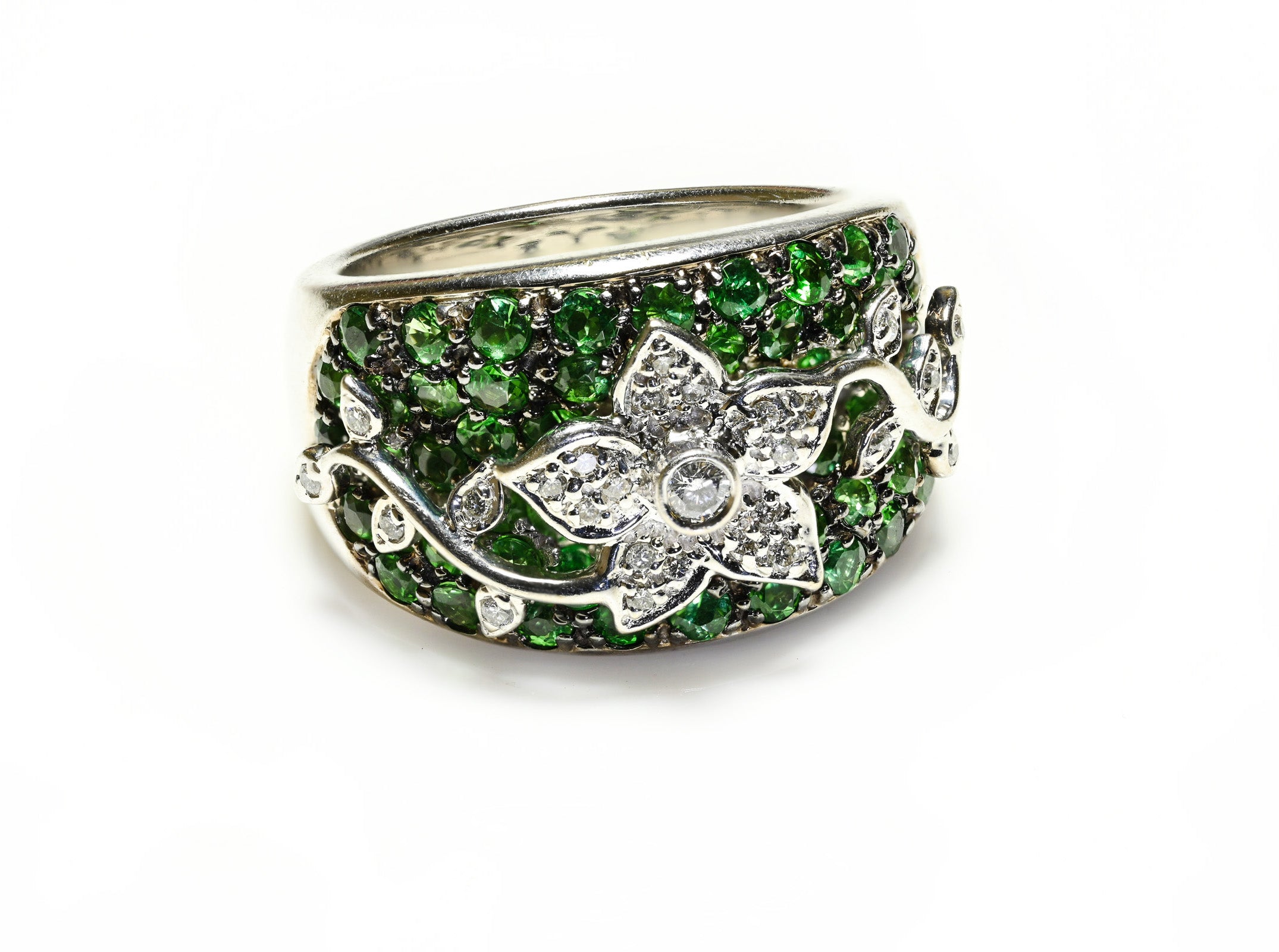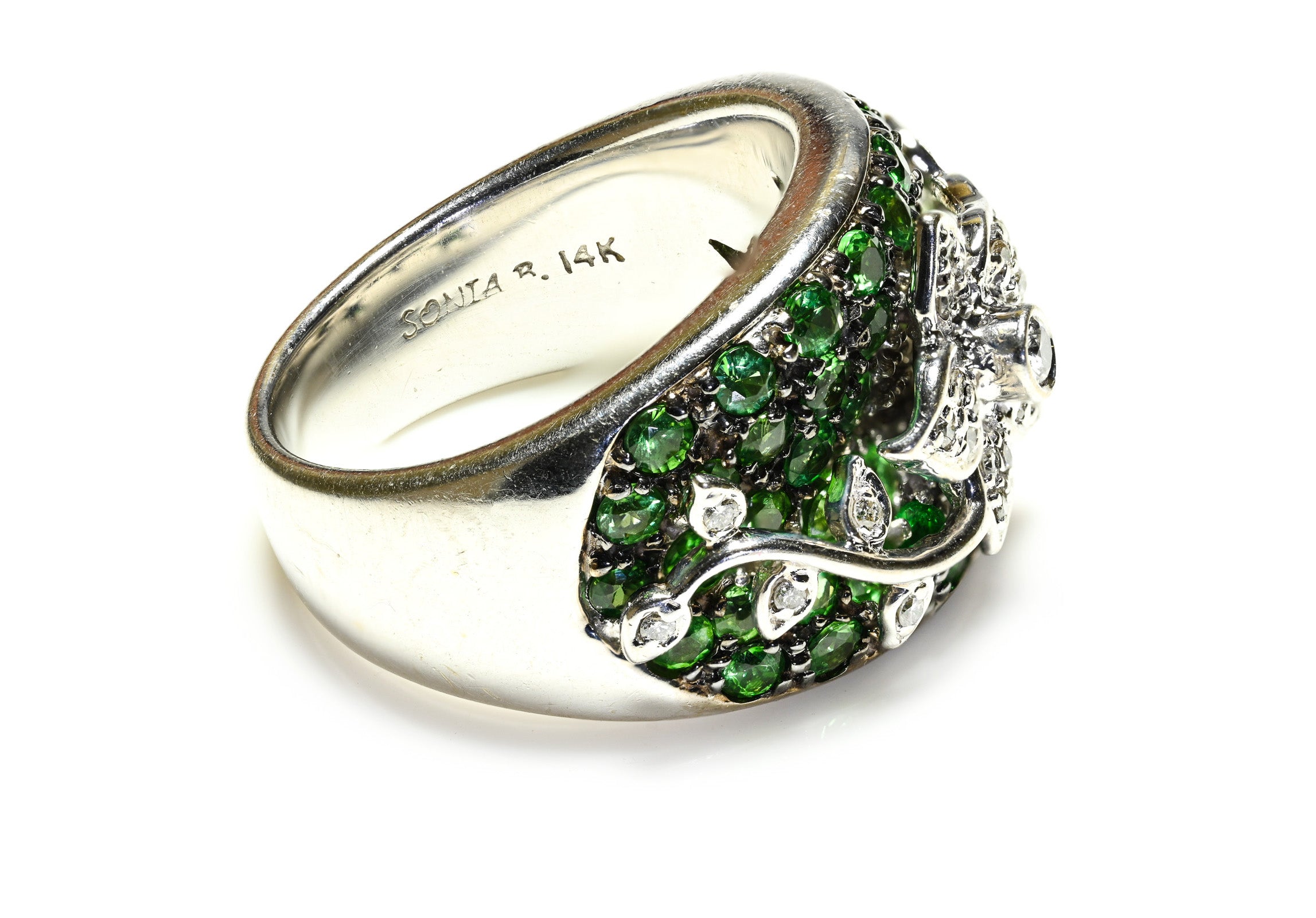Article: Ancient Wisdom: Socrates' "Test of the Three"

Ancient Wisdom: Socrates' "Test of the Three"
In ancient Greece (469-399 BC), Socrates was highly regarded for his great wisdom. One day an acquaintance of the great philosopher ran to him and said agitatedly, "Socrates, do you know what I heard about one of your students?".
"Wait a minute," Socrates replied. "Before you tell me, I'd like you to go through a little test. It's called the Test of the Three."
"The Test of the Three?"
"Exactly," Socrates continued. "Before you tell me anything about my student, let's sit down and test what you're going to say. The first test is the Truth. Are you absolutely sure that what you want to tell me is True?"
"No," replied the man, "I have only heard of it...."
"All right," said Socrates. "So you don't really know if it's true or not. Now let's try the second test, the test of Goodness. Is that what you're about to tell me about my student something a good thing?"
"No, on the contrary ..."
"So," continued Socrates, "do you want to tell me something bad about him, even if you're not absolutely sure it's true?"
The man shrugged, a little embarrassed.
Socrates continued: "Maybe you can still pass the test because there is a third test - the Utility filter. Is it of any use to me what you want to tell me about my student?"
"No, not really."
"Well," concluded Socrates, "if what you want to tell me is neither true, nor good, and not even useful, why tell it to me?"
A Few Words About the Great Socrates
Socrates dressed modestly, but he was never seen showing negligence in this regard. At the banquets, he proved to be a cheerful and pleasant person, who drank along with his friends, but who never got drunk as they did.
His courage was complemented by patience, simplicity, and self-control capable of withstanding any trial. His anger, violence, and enmity were unknown. If someone hit him and the people around him marveled at his resignation, Socrates would explain: "If a donkey had hit me with its hoof, would I have sued him?"
Socrates' heart did not know arrogance, and when he saw in the market square of Athens all kinds of objects exhibited by merchants to arouse the admiration and greed of the buyers, he contented himself with saying, "How many things I do not need exist!"
Socrates' philosophy revolves around self-knowledge and puts the soul first, not the body. He considers essential in a man the ability to enter into a relationship of dialogue.
Socrates was the first thinker to take the human being as the object of his meditation.



